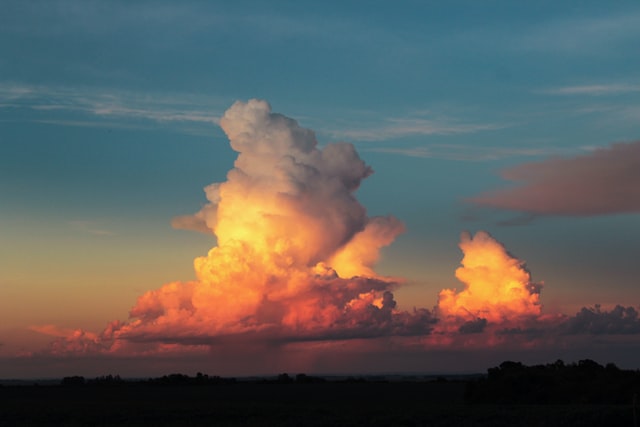The wonder of the world, the beauty and the power, the shape of things, their colours, lights, and shades; these I saw. Look ye also while life lasts.
– Inscription on 19th century Scottish tombstone
Imagine if today were your last day alive. You knew your life was going to end today, but you just didn’t know when. At any moment, the curtain draws, the lights go out and it’s all over.
How would it change your interactions? How would it change how you spent your dwindling moments? How much attention would you give the mind as it replays regrets from the past or worries for a future that isn’t coming?
About 10 years ago, I was watching the news as a terminally ill woman named Laura was being interviewed. She was smiling and in great spirits. When the interviewer asked about her upbeat mood, she said, “We are all terminal, I just happen to be lucky enough to have a timeframe on when I will go!” Hearing that comment changed me. I couldn’t forget that if I wanted to, and though Laura has now been gone for some time, I think very often of this woman I never met.
Her comment opened my eyes to the paradigm-shifting power of assuming that you are terminally ill and that death is coming soon. Steve Jobs, prior to being diagnosed with pancreatic cancer, once said, “Remembering that I’ll be dead soon is the most important tool I’ve ever encountered to help me make the big choices in life. … Almost everything (meaningless) just falls away in the face of death, leaving only what is truly important.” In this sense, dwelling upon our own demise acts like a sifter where all the bullshit of life is sifted out, leaving only the gold.
However, reflecting upon this must be intentional as death has been quietly ushered away from our modern society. It has been labeled as “morbid” and our society tries its best to avoid it at all costs. But, think back to village life thousands of years ago before there were old folks’ homes or morgues or hospitals. There was no denying or hiding death. It was right there, front and center for all of us. When a fellow tribesperson passed away, we were all forced to grapple with it as an inevitable part of this being human.
The old adage goes that death and taxes are the only certainties in life. This isn’t fully true however, as most humans have lived their entire lives without the faintest notion of taxes. Death, and the other side of the same coin, birth, are the two experiences that have been or will be shared by every human being who has every walked this planet.
Yet, so often when it happens to someone we love, we respond with shock and indignation. We feel blind-sided and unprepared to handle it. We may tell ourselves that “it wasn’t her time” or that a loved one’s life “was cut short” as though there is a guarantee on the number of days that we all “should” be allotted. And true, there should be no repressing the natural, healthy human emotion of grief that hurts like hell. That emotion must be recognized and honored. At the same time, it can be helpful to examine whether we are overlaying a level of optional suffering on top of that pain because of the stories that death “shouldn’t” have happened. Those stories are not aligned with the reality of us being on this planet.
Fortunately, there have been some guides both historic and current that show us how pondering death can be fertilizer for living more richly. The Buddhist monk Thich Nhat Hanh encourages daily reflection upon the fact that “I will be gone very soon, everyone that I love will be separated from me and everything that I built and that I care about will be no more.” This isn’t to promote nihilism. This is to promote the idea that Seneca championed in his book, “On the Shortness of Life,” when he said, “Everything that is to come is steeped in uncertainty; live now!”
Another Buddhist teacher, Ajahn Chah, compared life to his favorite drinking cup. He said, “To me this cup is already broken. Because I know its fate, I can enjoy it fully here and now. And when it’s gone, it’s gone.” Think back to your own life 20 or 30 years in the past. Hasn’t every detail of it changed? Even if some of the players or settings are still present, haven’t they morphed into something unique? Won’t that continue until it all completely fades away?
So, I ask you again, if today were it, would you choose the self-induced busyness that eats up most of our days? When a down moment arises, would you be more inclined to stare at a screen or stare into the blueness of the sky, knowing it’s one of the last times? Would you let go of the continual self-improvement project in favor of the recognition that you have done a good job with what you have been given? Do you think you would hug a little tighter or smile a little more genuinely at your neighbor or tell the ones you love how much you have appreciated them?
So, pretend today is it, because Laura was right, we are all terminal. Let’s embrace it and proceed accordingly.
If you feel the need to sift out the gold from the bullshit of life, reach out to talk. Therapy can help.
You can reach me at parke@richmondanxiety.com. Or feel free to text or call 804-210-7891. To learn more, visit www.richmondanxiety.com.

